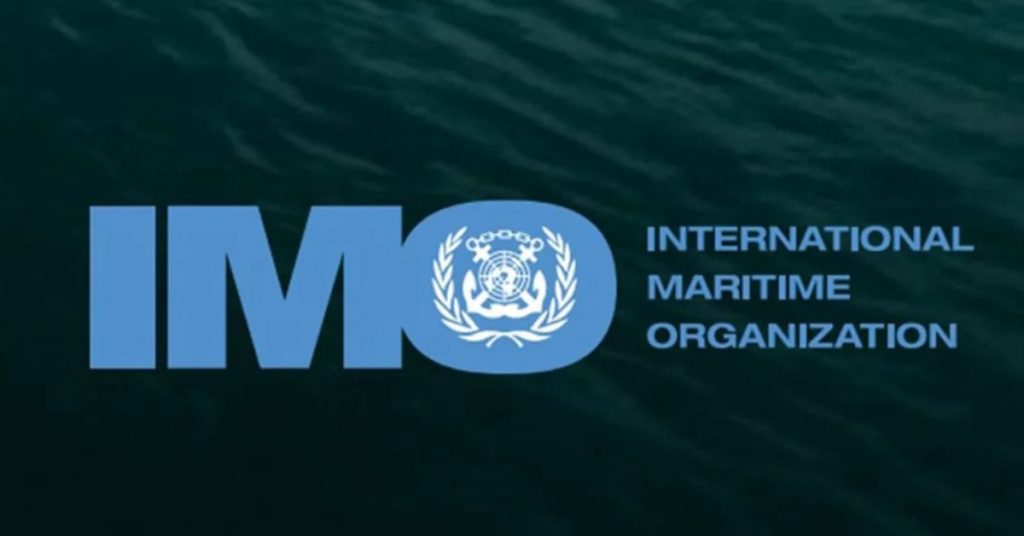IMO Secretary-General Arsenio Dominguez emphasized the global shipping industry’s need for significant investment in technology and alternative fuels to achieve a net-zero transformation and drive sector-wide change at the Blue Economy Finance Forum in Monaco. The global shipping industry is preparing for a net-zero transformation that will have a sector-wide impact on everything from supply chains and business models, to ships, ports and the maritime workforce. IMO approved new regulations for net-zero ship fuels and emissions in April, set for adoption in October. Calls for investments in decarbonization are getting louder.
This includes investing in scaling up production of alternative fuels in large enough quantities to replace the 350 million tonnes of fuel oil currently burned by ships each year. Upgrading port infrastructure and bunker operations will also be required to safely provide clean energy for ships when they call at ports around the world. Early movers are already taking action. According to the World Shipping Council, there are at least 200 ocean liners (container ships) already in operation that can run on zero or near-zero emission fuels (ZNZ fuels), while close 80% of all new orders for container ships and vehicle carriers will have the same hybrid capability. The new set of regulations, known as the “IMO Net-Zero Framework,” takes a two-pronged approach: a global fuel standard that limits the greenhouse gas (GHG) fuel intensity of marine fuels, and a price placed on the GHG emissions from ships.
The regulations send a clear demand signal to fuel producers, while rewarding “first movers”—shipping companies who take the risk to adopt low- and zero-emission solutions early, and who are then able to share their experiences and expertise with others. The IMO Net-Zero Framework works alongside earlier measures adopted by IMO to enhance energy-efficient ship design, operational improvements and carbon intensity ratings.
They will be reviewed every five years, with emission limits tightened over time. Dominguez highlighted that these regulations are mandatory, to be applied to all ocean-going ships trading internationally, regardless of their flag. There will be an impact on training, with nearly half a million seafarers requiring upskilling by 2030, and safety measures will need to be comprehensively updated to ensure fuels are deployed safely and efficiently. Mr. Dominguez urged the international community to focus on concrete actions and implement the various global commitments already agreed.
Tags: Arsenio Dominguez, IMO, NetZero, Ports, Ships



Recent Posts
Scandlines Nears Delivery of Zero Emissions Ferry Following Successful Sea Trials
India faces emission roadblocks with rising net-zero demands
Green Energy Resources invests in two electric Liebherr LHM 550
NYK Launches Continuous Use of Bio LNG Fuel on Car Carriers to Advance Decarbonization Goals
Yang Ming Expands Fleet with Methanol and LNG Dual-Fuel Vessels Under Fleet Optimization Plan
ClassNK Advocates Speed Gap Monitoring to Optimize Fuel Efficiency in Heavy Weather
Wärtsilä’s retrofit package for the Corsica Linea ferry Pascal Paoli has resulted in fuel savings of up to 22 percent Corsica Linea
COSCO Shipping Names Second Methanol Dual-Fuel Containership in Yangzhou